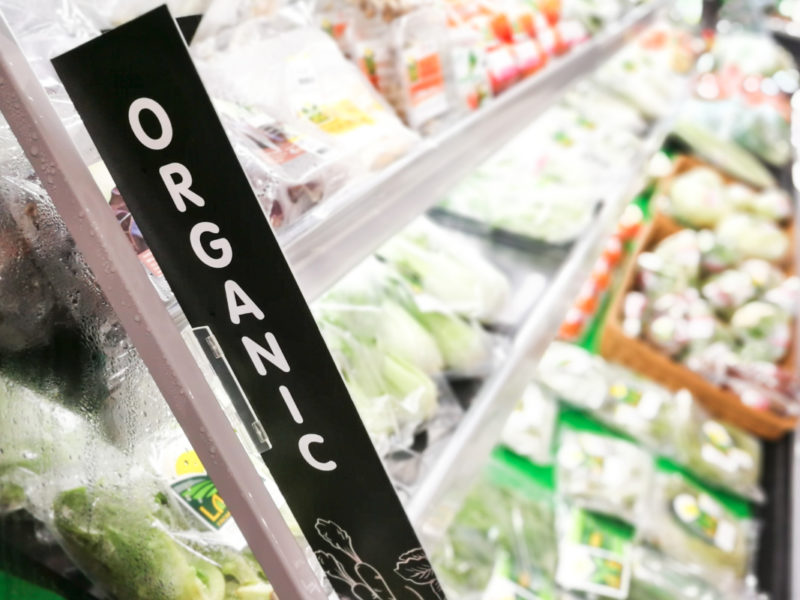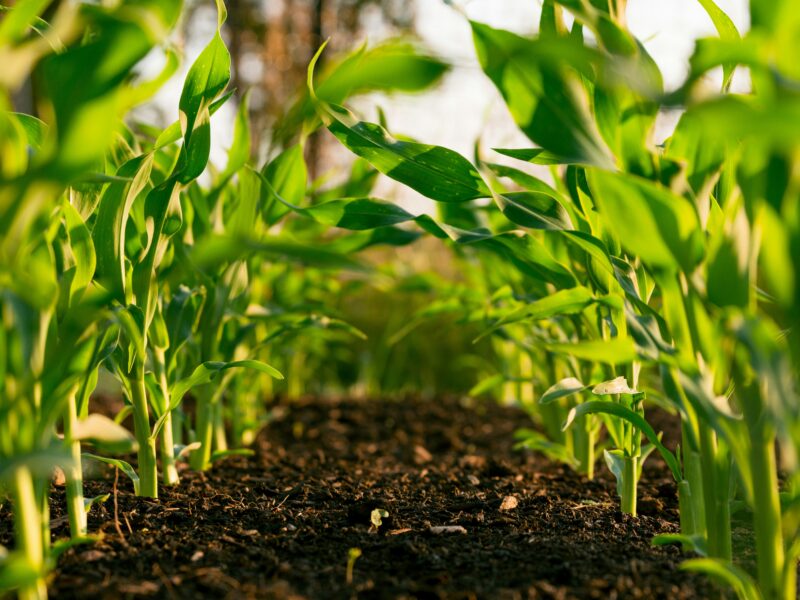Why consumers are demanding more than just “sustainable”
Sustainability once sounded like the pinnacle of progress—a badge brands wore proudly to signal responsibility on climate, health, and the environment. But for today’s consumers, especially Gen Z, “sustainable” feels like standing still while the planet unravels. In the face of climate chaos, depleted soils, and vanishing biodiversity, maintaining the status quo is no longer enough. The call of our time is not just to sustain, but to restore—to repair what’s been broken and restore what’s been lost.
How Regenerative Organic Can Save The Planet- And The Food Industry
A coalition of brands is proving that Regenerative Organic agriculture can scale up to address climate change. Companies adopting Regenerative Organic Certified® (ROC™) practices are simultaneously expanding their environmental footprint and boosting their financial performance.
The regenified label risks credibility of regenerative agriculture
Regenerative agriculture has always been a difficult concept to comprehend and is often inconsistently defined. Despite this complexity, it has gained widespread attention because of its holistic approach that focuses on potential solutions to crises in the food system – including climate change, soil degradation, inhumane handling of farm animals, and biodiversity loss.
Beware misleading ‘regenerative’ claims on food
Some food companies are making “regenerative” claims on their product packages or in their advertising – but these statements may not be everything they seem to be.
It can be tough for consumers to know when to trust a company’s claim that food has been produced with truly regenerative practices, such as cover crops.
The best guarantee a food has been produced with these practices is to choose foods with the Agriculture Department’s organic seal, which are subject to federal standards. Or select foods that are “Regenerative Organic” certified or “Demeter” certified. Both are private, non-for-profit, third-party certifications.
The Battle Over ‘Regenerative’: Why Agriculture’s Hottest Term Has No Clear Definition
How do we push the regenerative agriculture movement forward when leaders in the movement itself are at odds with what the term even means? It is generally understood that regenerative agriculture is a holistic farming practice that prioritizes soil health, carbon sequestration, biodiversity and water capture. But without one regulated definition, there is a vacuum of opinions and confusion, largely around whether or not ‘regenerative’ should include a foundation of organic, chemical-free farming practices.






